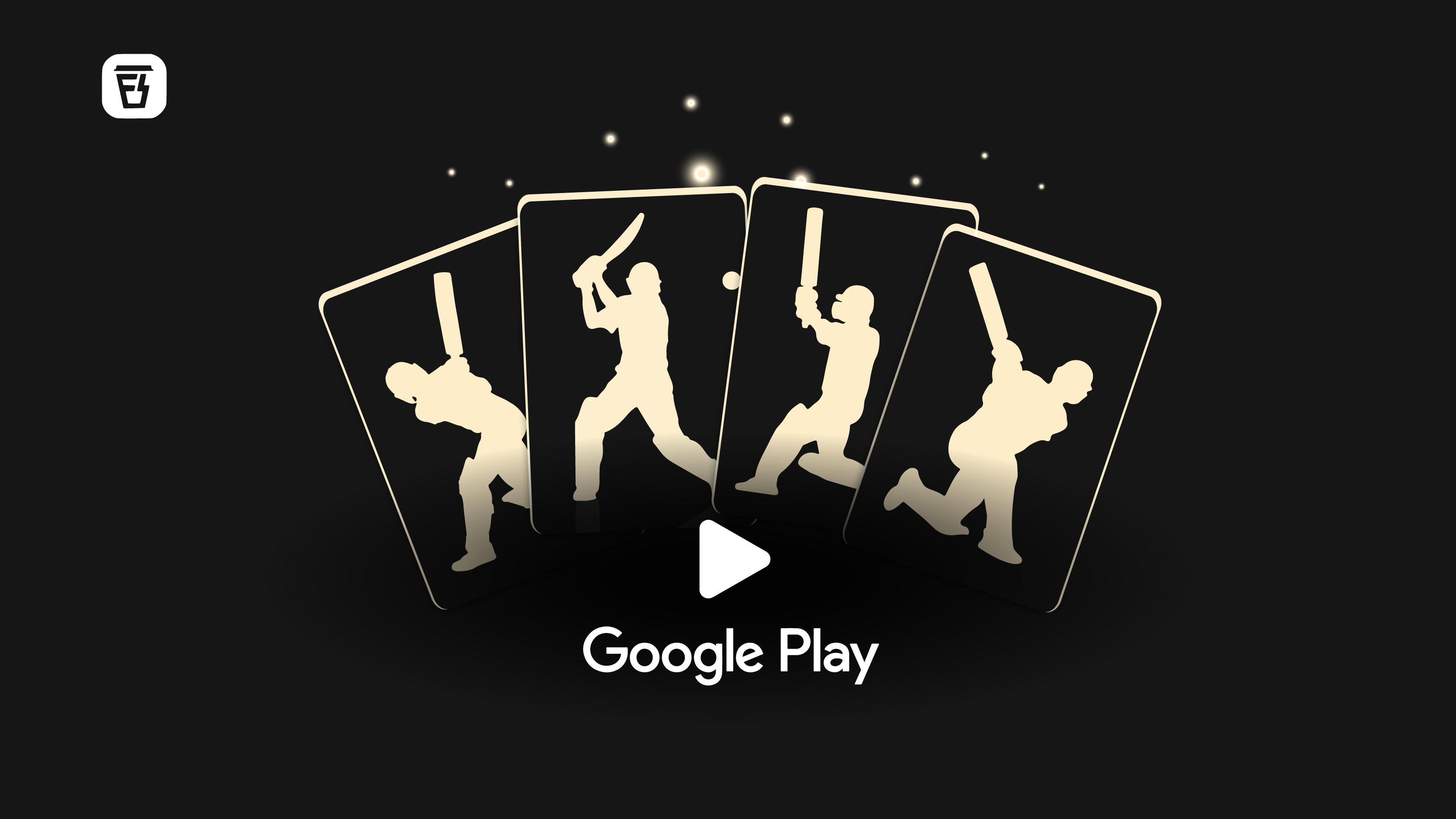In today's Finshots we see why Google is finally letting real money gaming applications on Play Store
And hey, if you want insightful stories like these delivered straight into your inbox, subscribe to Finshots. All things business and finance in just 3 minutes every morning. Click here to join 500k+ readers now. If you’re already a subscriber or you’re reading this on the app, then you're already part of the clan. You can just go ahead and read the story. :)
The Story
Have you ever seen ads for fantasy sports applications?
Like Dream 11 for instance — where participants assemble imaginary or virtual teams of real players in a bid to make money off of them?
Or online rummy?
A card game where you could potentially make a killing?
Well, if you saw those ads, and decided to try your luck by heading to Google Play Store, you’ll likely be disappointed. You won’t find the app there. Instead, your search will throw up irrelevant results.
And no this isn’t an accident. It’s by virtue of design. Google doesn’t want these apps on its platform. It doesn’t want to promote “real money” games. It knows that the potential for addiction is real and it will promptly prevent you from going down this road.
So your only choice is to head over to the company’s website (say Dream11’s website) and follow the instructions here to download the app. It’s not as convenient and it’s most certainly not ubiquitous.
But now, Google is walking back on its policy. Starting from September 28th this year, Google will let a few real money gaming apps (Including fantasy sports and online rummy apps) list on Play Store. The pilot is expected to run for a year and interested developers will have to submit paperwork to make their application available on Play Store.
And if things work out, real money gaming apps like online rummy could explode in popularity. In fact, this isn’t even unique to India. In 2021, Google extended that concession to 15 other countries including the US too and yes, real-money applications became popular almost overnight.
But you could turn around and ask — Why?
Why is Google changing its stance?
Well, many reasons. But let’s start with the obvious.
“Don’t be evil.”
This was the unofficial motto at Google for almost two decades. A catchy phrase formalized in their code of conduct during the company’s early years. But in 2018, Google moved the quote to the end of the document, almost relegating it to the by-lines.
Why? you ask.
Well, because good and evil are amorphous ideas. There aren’t signposts labelled “right” and “wrong” when you’re navigating this complex world. It’s not always obvious what the right thing is.
For instance, consider this — Google didn’t let real money gaming apps on its platform for the longest time. However, this only opened new gateways for illegitimate companies to dupe unsuspecting customers. If you search for Dream11 (a popular real-money fantasy game) on Play Store, you won’t find the app, of course. But you’ll find an array of apps that resemble Dream11 in some way.
Something like “Playing 11 Dream Prediction” created by a certain “Droid Devlopers” [sic]. It’s not the same app and it’s entirely possible that you may be misled into downloading an application that may do more harm than good.
Also, Google’s reluctance to let real money gaming apps on Play Store has had massive consequences elsewhere. People still install these apps by sideloading them i.e. bypassing Google altogether. This makes their devices vulnerable to malware — pieces of code that can secretly snoop on your device. It can get really bad really quickly.
Finally, you could argue that there isn’t anything particularly evil about real money apps in the first place. There is a difference between a game of chance and a game of skill. Gambling is betting on uncertain outcomes. A game of skill, on the other hand, depends on you, your superior knowledge, training, attention and experience. However, most games incorporate both elements of skill and chance. So courts have relied on the “skill test” to separate the two. If it could be proved that a game is primarily a game of skill and not of chance, then the game is said to have passed the “skill test”. And in 2015, the Supreme Court of India declared online rummy, poker, card games and fantasy sports as games of skill.
So why should Google hold itself to a higher standard, when the courts see no issue with skill based gaming apps, huh?
Well, it’s food for thought.
But there’s one other reason why Google may be considering going down this route.
It’s a money spinner. When you download an app from Play Store and make in-game transactions, Google gets to keep a cut - oftentimes as high as 30%. And while there aren’t many apps that can get users to spend boatloads of money, real money apps do it with ease. And it’s a market that’s growing.
Real-money games are worth at least ₹8,500 crores in India and it’s growing at nearly 30% every year. Of the 40 crore gamers in India, 4 crore users dabble with real cash. And if Google manages to expand the market even further and take a cut every time someone makes a transaction, well, this could be a massive game-changer for them in India.
The only question then is - Will this open the floodgates and make real money gaming apps ubiquitous?
And what kind of impact will it have on people in general?
You tell us.
Until then…
Don't forget to share this article on WhatsApp, LinkedIn and Twitter
